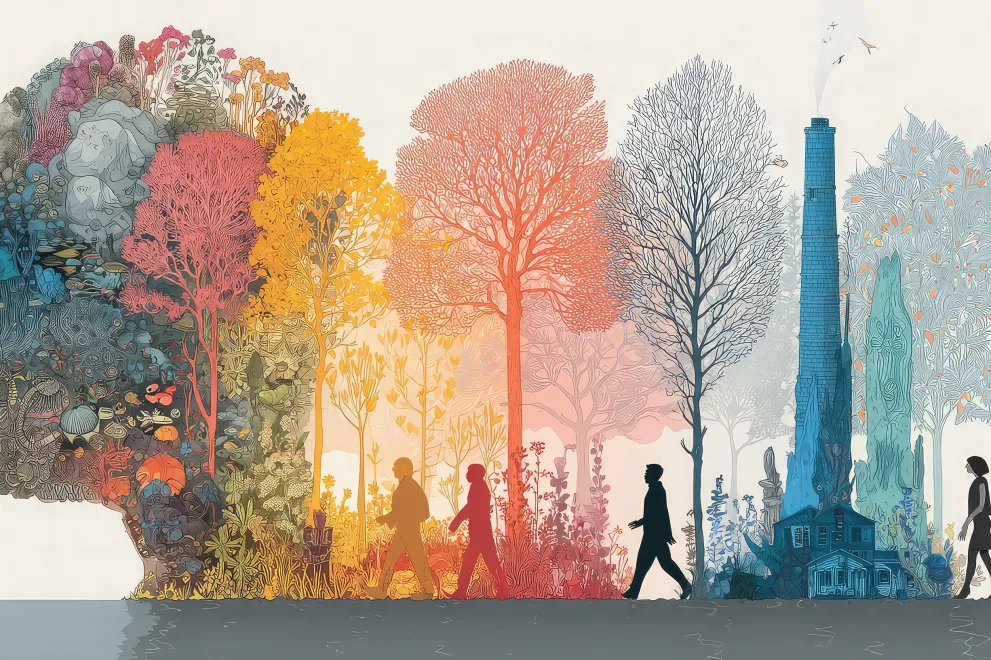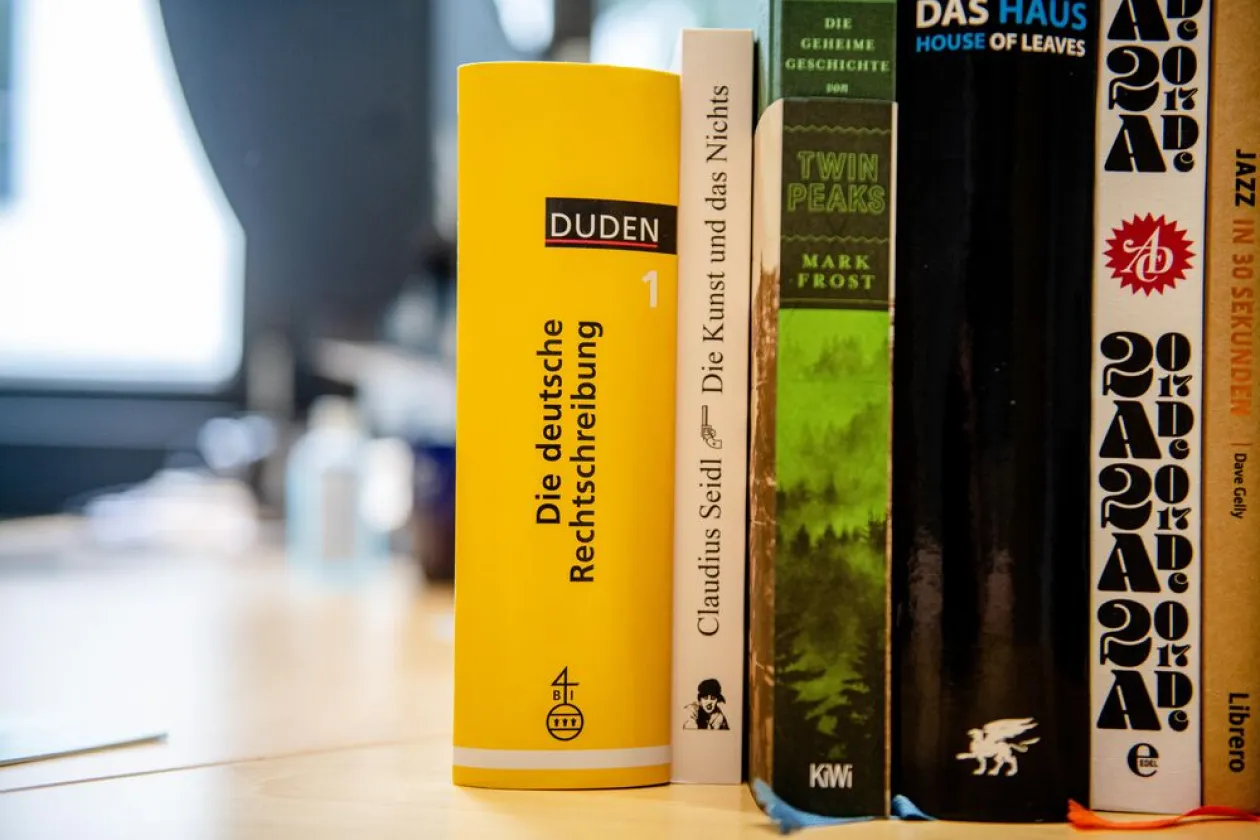Global warming, rising sea levels, mining and intensive agriculture, real estate speculation, wars and land grabs – all these developments influence and change the spaces and environments in which people live. These spaces shape the political, economic, social and cultural relationships that are maintained in them, and at the same time are transformed by them. The new Humanities Hub focuses on these particular spaces of transition.
Its aim is to conduct interdisciplinary research into how conflicts, upheavals and their consequences become visible in specific spaces – both in history and in the present – and how they are dealt with. The aim is to draw conclusions about how societies react to changes, many of which are crisis-ridden.
Resources, Entangled Histories, Material Practices
The researchers assume that spaces offer a key to understanding knowledge and action: they reveal how societies are organized, how positions are distributed in the social fabric and which relationships are cultivated. In particular, the researchers examine how spaces are constituted and changed through access to finite resources, how spaces of coexistence are formed through – often violent – histories of entanglement and through which material practices societies and groups generate and transmit knowledge and experience.
The Hub thereby combines approaches from the history of knowledge, archaeology, empiricism, sociology, cultural theory and art theory to explore the emergence and interaction with transitory spaces.



